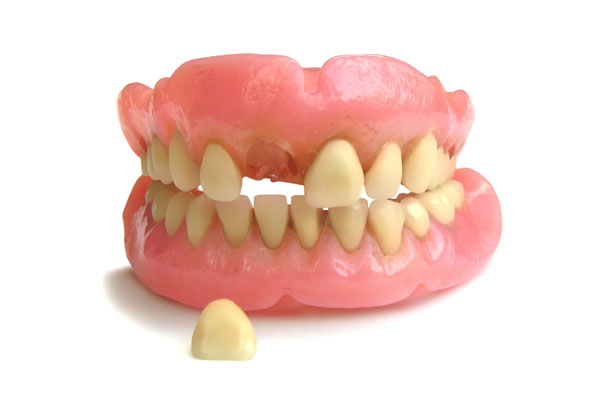 Dental implants have joined the list of replacement options for missing teeth, with many patients preferring the look and feel of implants to dentures or bridges. In addition to providing patients with natural-looking teeth, implants are effective in restoring confidence and making eating or speaking more comfortable. They also can improve an individual’s oral health. However, some patients make better candidates for implants than others.
Dental implants have joined the list of replacement options for missing teeth, with many patients preferring the look and feel of implants to dentures or bridges. In addition to providing patients with natural-looking teeth, implants are effective in restoring confidence and making eating or speaking more comfortable. They also can improve an individual’s oral health. However, some patients make better candidates for implants than others.
What do dental implants fix?
An implant replaces a missing took with a replacement tooth root fused to the jawbone where removable or permanent replacement teeth can then be attached. There are several areas that this process can improve for a patient:
- Appearance
- Comfort
- Ease of chewing
- Clarity of speech
- Oral health
- Mental health
When compared to dentures or bridges, implants are better at restoring normal oral functions. Dentures can slip and slide, making chewing or speaking difficult and uncomfortable. These situations can be embarrassing and cause poor self-esteem, anxiety, and frustration. Implants allow patients to be more confident that their replacement teeth will stay in place, remain functional, and provide long-term oral support.
Durability and resilience
For those who have experienced significant tooth decay or loss at an early age, dentures and bridges do not offer the same durability as implants. The composition of the implant is a titanium alloy, similar to what is found in a knee or hip implant. As a highly biocompatible product, there are few concerns with bodily rejection or allergic reaction to the implant. Implants are not affected by tooth decay, and with the right home care practices, this treatment can last for a lifetime.
Easy maintenance
Implants have the same care requirements as natural teeth. It is still recommended to brush and floss the teeth twice a day and to use an antibacterial mouthwash each day. Regular dental checkups should also be scheduled. While tooth decay cannot happen to an artificial tooth, problems with gum disease can impact the overall success of lasting implants.
Who is approved for dental implants?
Not everyone who has experienced tooth loss may want to pursue implants. For a majority of cases, individuals healthy enough to undergo oral surgery or a routine dental extraction are good candidates for this treatment.
Missing teeth may be a result of tooth decay, injury, or periodontal disease, and patients wishing to receive implants must commit to regular dental visits and good oral hygiene. Patients also need to have enough bone material to securely hold the implant. When these requirements are met, implants typically have a 90% or higher success rate.
People who may have trouble with implants
Those who have not yet had their adult teeth fully come in should not get implants. Patients who are heavy smokers or who suffer from uncontrolled or unmanaged chronic conditions like heart disease and diabetes may require special evaluation of the condition before being approved for implant surgery. The same is true for those who have had radiation in the neck or head area.
Conclusion
Patients with one or more missing teeth may be a good candidate for dental implants. Speak with an oral care provider to determine eligibility for this treatment.
Request an appointment or call New York Dental Office at 212-548-3261 for an appointment in our New York office.
Recent Posts
Many people resort to using dentures instead of dental implants in managing tooth loss. Dentures may restore the look of the lost tooth or teeth, but they do not compare to implants. Many dentists may recommend shifting to implants. The goals are to increase comfort and improve function. If you want to know how to…
Dental implants are one of the most common ways to replace missing teeth in general dentistry nowadays. These are screws or rods (typically made out of titanium) that can serve as artificial teeth roots. Oral restorations like crowns are fitted to implants to replace missing teeth. Implants are constructed to last a lifetime, but the…
The introduction of dental implants has provided a solution to tooth replacement that goes beyond mere function to address the core of personal well-being. Loss of teeth has an impact on a lot more than just dental health — it impacts chewing, talking ability, and confidence. This is where dental implants come into play as…



